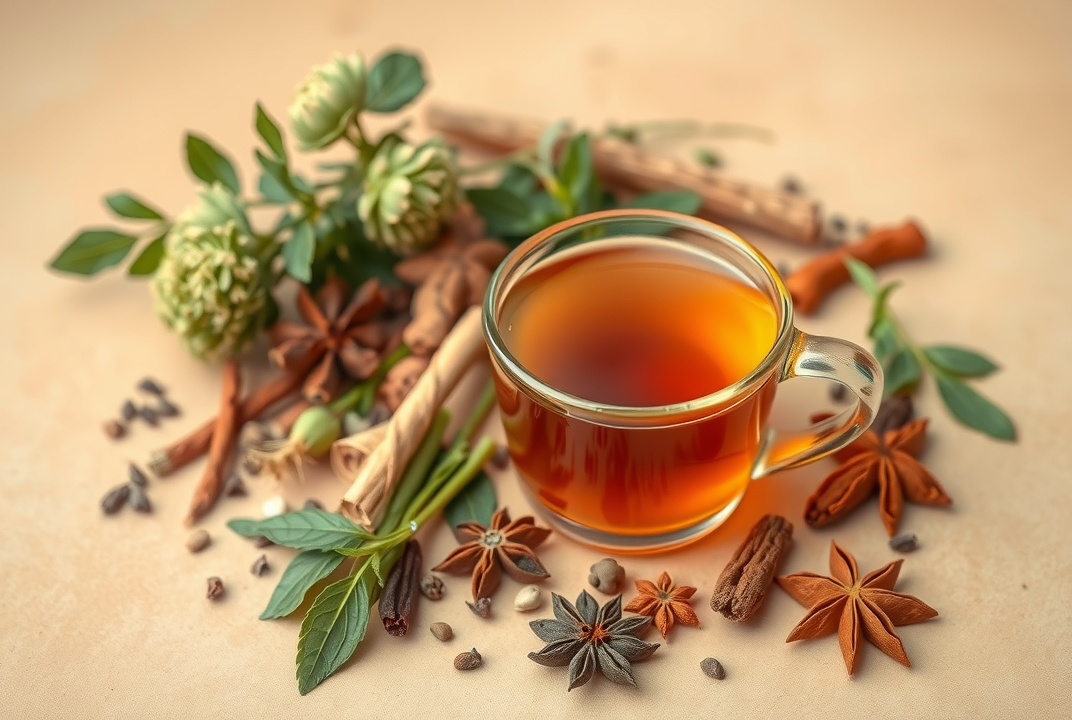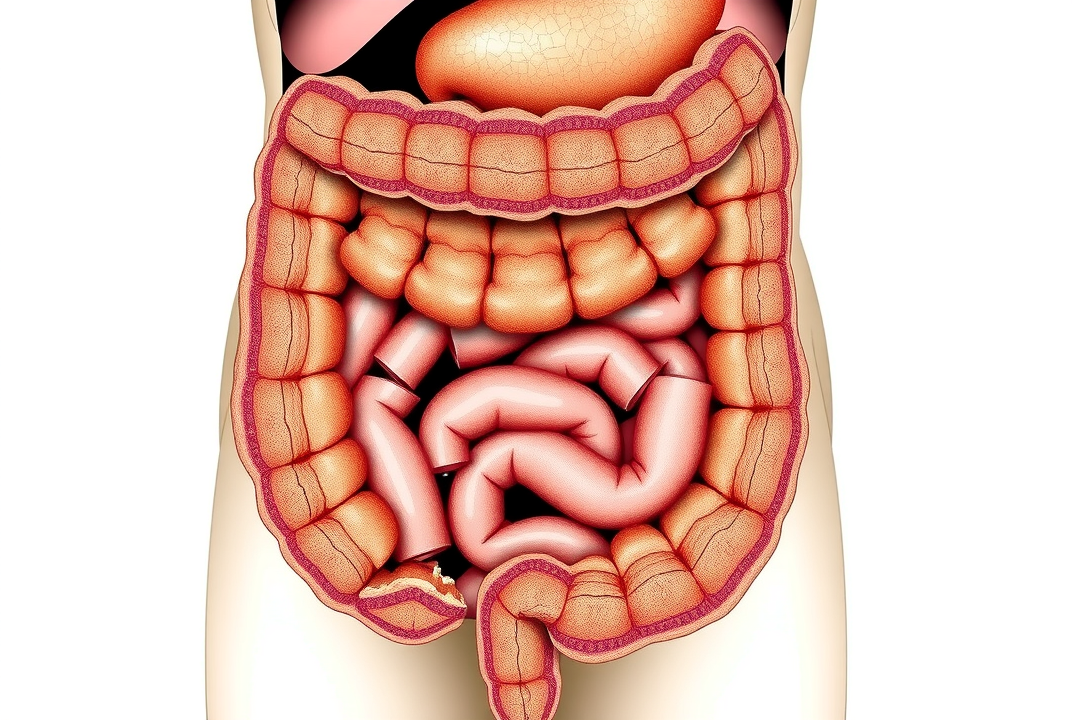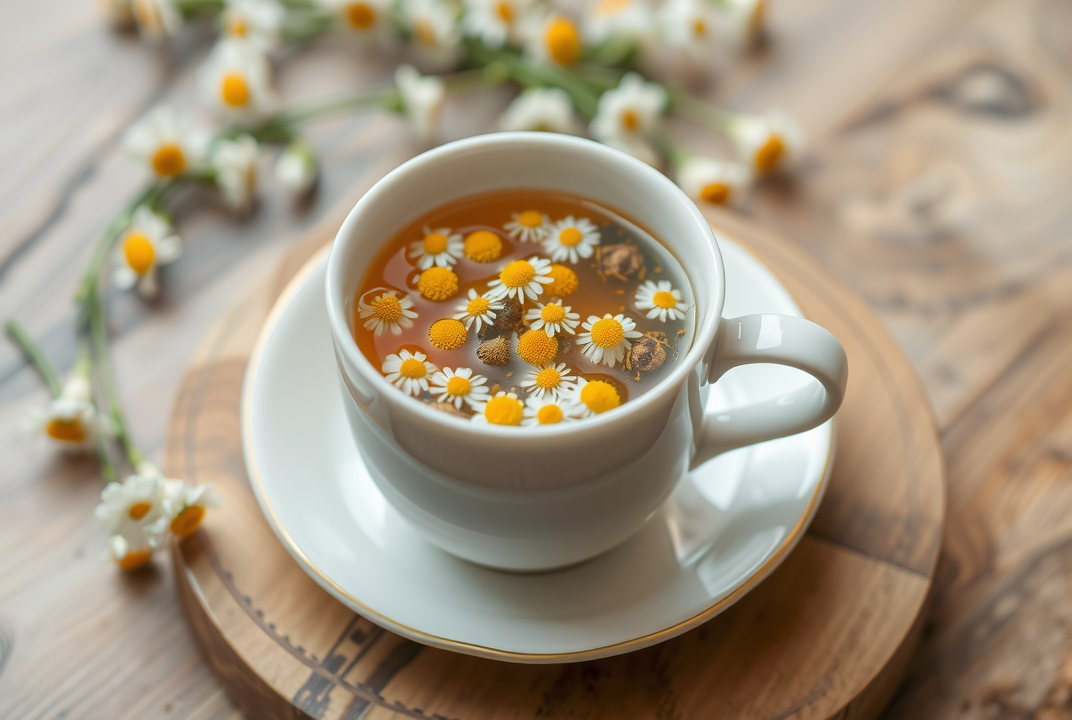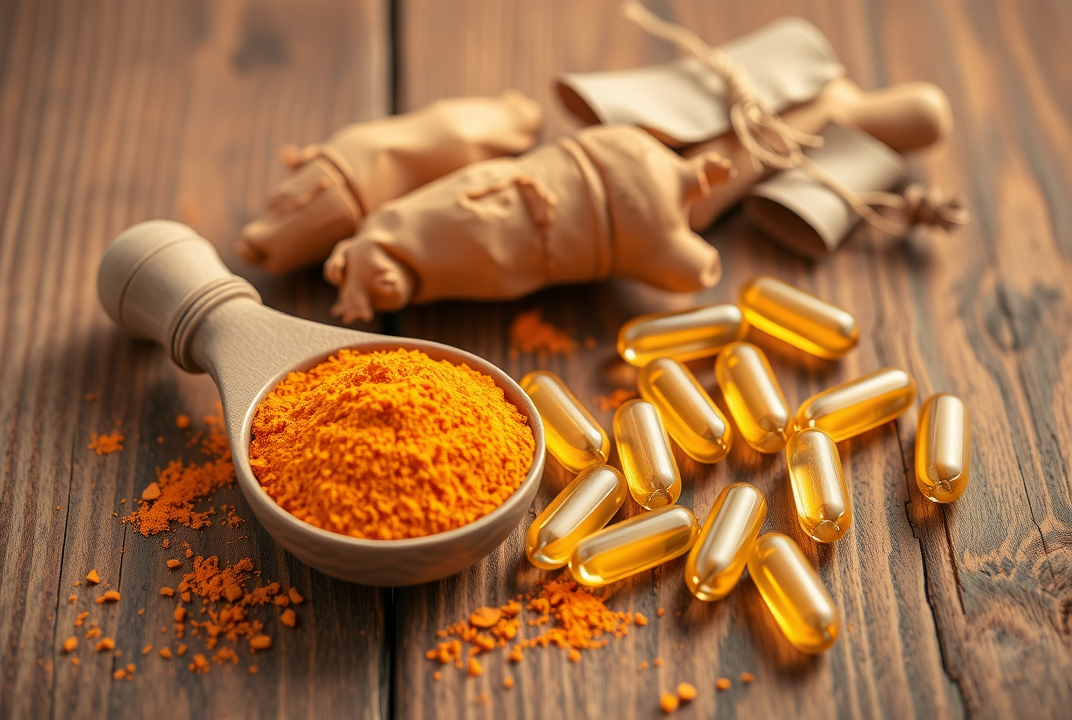Natural Remedies for Diverticulitis: Safe Relief Tips

Introduction
Have you ever wondered if there's a natural way to ease the discomfort of diverticulitis symptoms? If persistent pain and digestive issues are keeping you on edge, natural remedies might offer a path to relief. Diverticulitis, characterized by inflamed pouches in the digestive tract, can lead to significant discomfort. In this article, we will explore safe and natural approaches that may help alleviate flare-up symptoms and improve overall digestive health.
Understanding Diverticulitis
Diverticulitis occurs when small, bulging pouches in the digestive tract called diverticula become inflamed or infected. This condition is often associated with severe abdominal pain, fever, and changes in bowel habits. Many people are seeking alternative treatments to manage symptoms without relying heavily on medications.

Probiotic Support
One of the simplest ways to enhance digestive health is by incorporating probiotics into your diet. Probiotics are beneficial bacteria that help maintain a healthy balance in the gut microbiome. Including foods like yogurt, kefir, and fermented vegetables may aid in reducing inflammation and improving digestion. Probiotic supplements are also available for those who prefer a more concentrated form.
Herbal Teas
Herbal teas such as chamomile, peppermint, and ginger can be soothing. Chamomile tea, known for its anti-inflammatory properties, may help reduce gut inflammation. Peppermint tea is often used to relieve digestive discomfort and bloating, while ginger tea is beneficial for reducing nausea and improving digestion.

High-Fiber Diet
A high-fiber diet is crucial in preventing future flare-ups. Fiber helps to keep stool soft and regular, reducing the likelihood of developing further diverticula. Incorporating foods such as whole grains, fruits, and vegetables can have a significant impact on digestive health. It's important to increase fiber intake gradually to avoid bloating or gas.
Hydration Importance
Staying well-hydrated is essential. Water aids digestion and helps fiber move through the digestive tract more efficiently. Aim to drink at least eight glasses of water a day. Herbal teas also count towards your fluid intake.
Use of Anti-inflammatory Turmeric
Turmeric is known for its potent anti-inflammatory effects. Adding turmeric to your meals or taking it as a supplement can potentially help in reducing inflammation associated with diverticulitis. Curcumin, the active ingredient in turmeric, has been widely studied for its health benefits.

Relaxation Techniques
Stress can exacerbate digestive problems, making relaxation techniques a beneficial addition to your routine. Try meditation, yoga, or deep-breathing exercises to help manage stress levels. Consistent practice can contribute to improved digestive health and reduce the frequency of flare-ups.
Conclusion
Exploring natural remedies offers a promising path for those experiencing symptoms of diverticulitis. Incorporating probiotics, herbal teas, a high-fiber diet, hydration, turmeric, and relaxation techniques can make a positive difference in managing the condition. However, it's important to consult with a healthcare professional before making significant lifestyle changes, especially if you are experiencing severe symptoms. Begin your journey towards better digestive health with these natural approaches.
By taking these steps, you can work toward minimizing flare-ups and enhancing your overall well-being. For more personalized advice, consider reaching out to a nutritionist or healthcare provider who can give you tailored guidance.